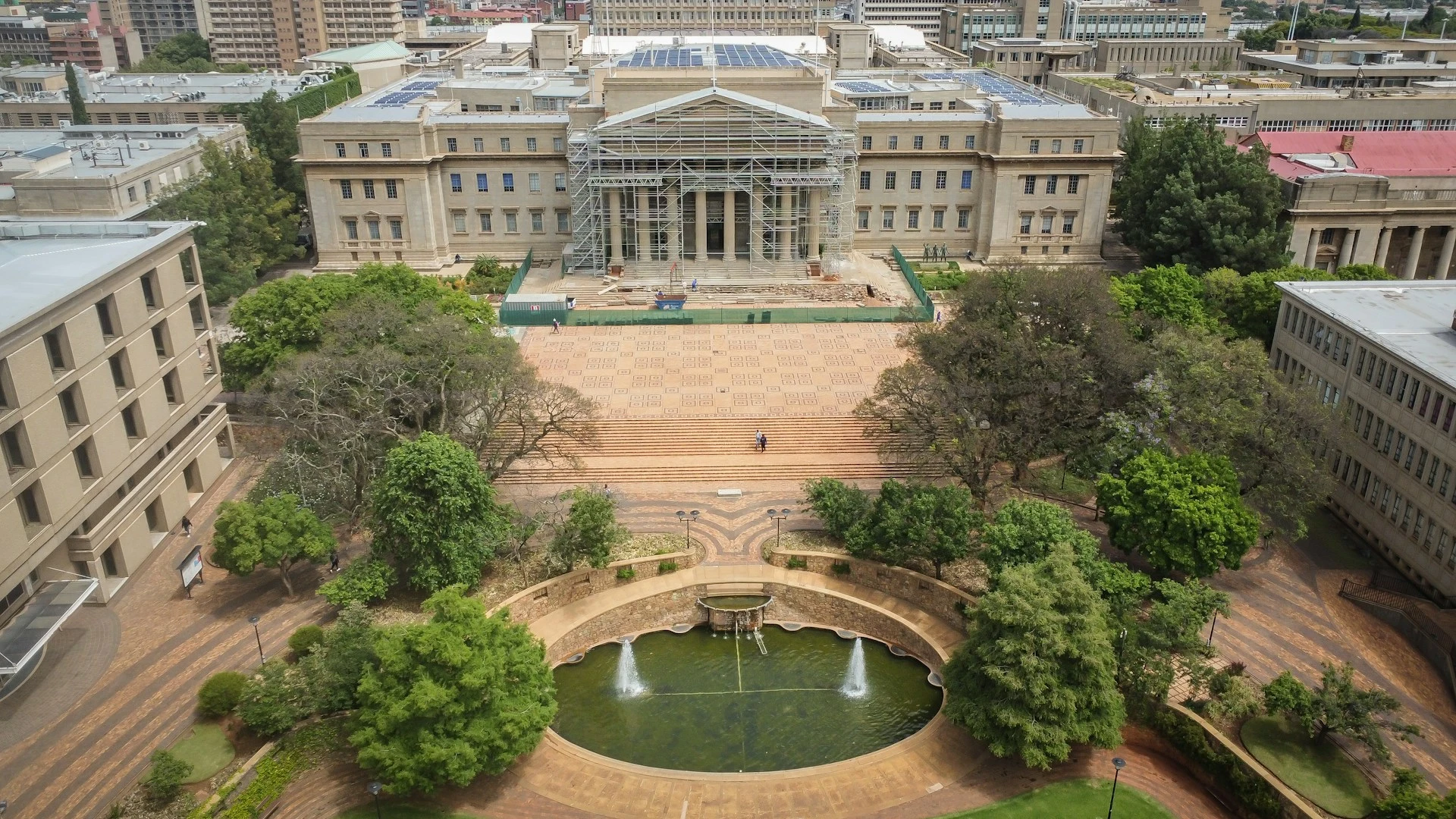The failure of South African universities to call out Israel’s genocide challenges the assumption that South Africans have a deep appreciation of injustice in Palestine given their similar experiences under apartheid.
On December 29, 2023, South Africa initiated a case at the International Court of Justice (ICJ) against Israel for atrocities in occupied Palestine, which were argued to rise to the threshold of genocide. This ICJ case has been widely interpreted as a key milestone for South African society, marking a “moment of self-assertion and patriotism” that confirmed South Africa’s “place on the world stage in solidarity with Palestinians.”
South African solidarity with Palestine is undoubtedly important, both locally and internationally, but not everyone is on the same page. Several major universities in South Africa have rejected calls by academics and students to take an institutional position calling for an immediate and unconditional ceasefire in Gaza. Our position is that South Africans should be in solidarity with Palestine, but we also suspect that the case for actually existing solidarity may have been overstated. We have no doubt that a minority of the population has been deeply inspired by and invested in the ICJ case and the longstanding plight of the Palestinians, but there are also a large number of South Africans who remain indifferent or uncommitted.
In this piece we draw on recent experiences at one university to suggest that public sentiment on Palestine is far from uniform and unified. At a recent high-level university debate, efforts to express solidarity with Palestine were derailed by a strong opposition that—rather than showing explicit support for Israel—resisted the idea of taking any position on the issue.
read more: https://africasacountry.com/2024/04/the-limits-of-international-solidarity/


